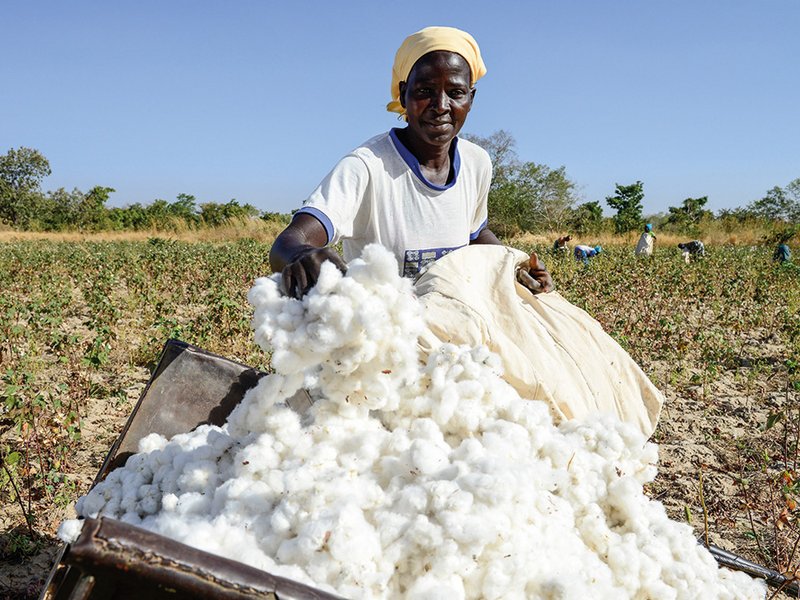Staff Reporter
Cotton Producers and marketers Association Chairman, Mr Stewart Mubonderi has urged cotton farmers to prepare for the 2021/22 farming season as the Government continues to mobilise for resources to pay them their dues.
Speaking to this publication today, Mr Mubonderi said his Association has since engaged the Ministry of Finance and Economic Development and other stakeholders over the outstanding payments for cotton farmers and all have promised to address the issue with the urgency it deserves.
“Despite the financial challenges being faced by the cotton sector regarding outstanding payments owed to cotton farmers, I am urging farmers to continue with the preparations and take advantage of the free inputs being availed by the Government, and make use of the early rains. Government has promised that it is looking into the issue of the outstanding payments and very soon farmers will be given their money.
“I also want to urge interested farmers to register for the pfumvudza/ Intwasa and the Presidential Input Support Scheme which offers free agriculture inputs.
In August this year, government paid $66 million to cotton farmers as part of its commitment to clear the $1.5 billion outstanding payments for cotton deliveries made in 2020. The Government has promised to pay the outstanding payments soon.
At least 520 000 households in marginalised areas will receive cotton inputs under the climate-proofed Pfumvudza agricultural cotton scheme aimed at increasing production.
The Government is expecting to reach at least 250 000 to 300 000 metric tonnes of cotton in the 2021/2022 farming season.
Preparations for this summer cropping season has already started with Government working towards mechanising the Pfumvudza/ Intwasa programme following the huge success of the concept during the 2021/22 season which saw the country attaining food self sufficiency.
Pfumvudza/Intwasa extension officers have since been trained for this farming season, equipped with knowledge to teach farmers on the concept.
Cotton production has led to the transformation of growth-points into full-fledged towns such as Gokwe, subsequently promoting the President’s vision for rural development.




